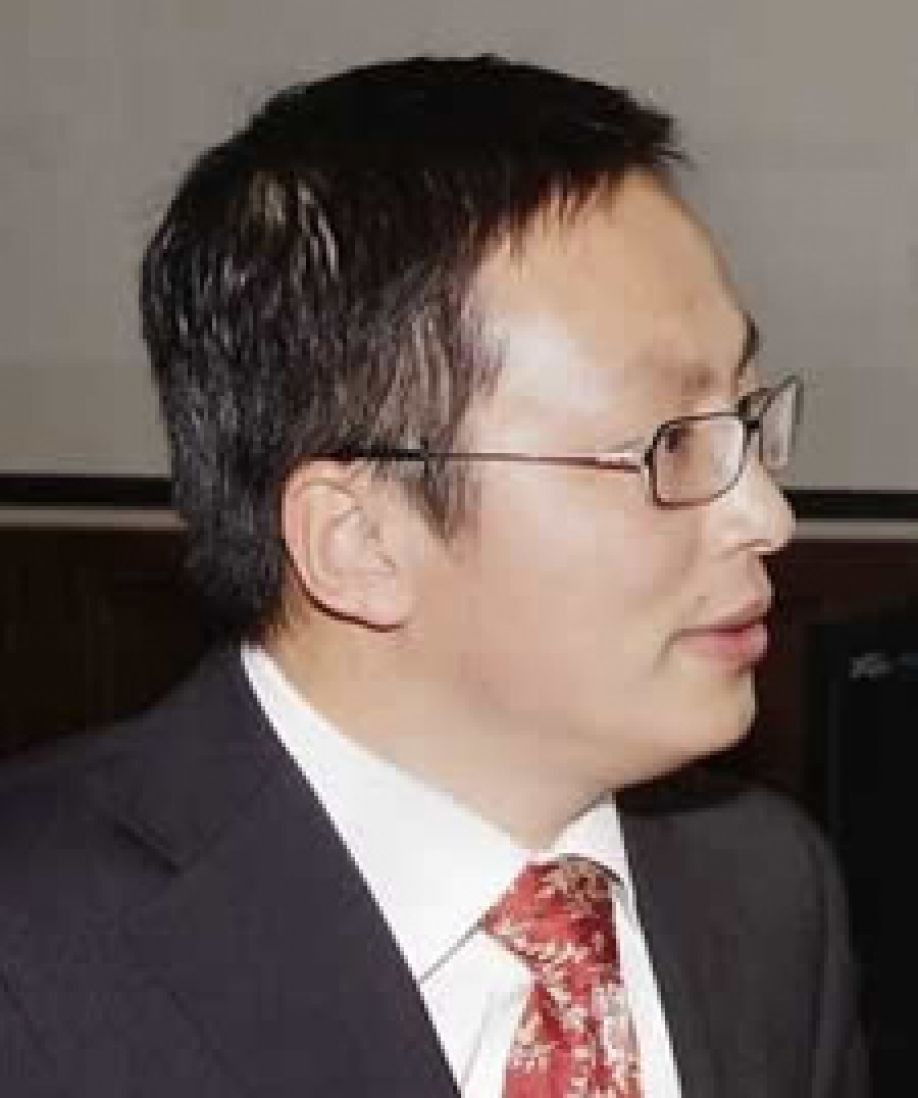The dinner hosted by Buffett and Gates has undoubtedly touched the nerve of China's rich. For most entrepreneurs who got rich through entrepreneurship, they are always puzzled about how to balance the relationship between their corporate and social responsibilities, how to pass down their business visions and how to ensure that family members have their interests balanced within the enterprise. The Foundation's structure could provide a possible answer.
Possibly being inspired by the fact that retired business leaders allowed various private foundations to name after them, or possibly because that the foundation itself as a separate legal entity is more easily understood, it easier for Chinese to accept the "Foundation" form than the rust model, which is also popular in the West, when considering inheritance, property protection and other comprehensive property management issues.
Apart from charity foundations with charitable purposes only, most jurisdictions all over the world allow the establishment of family foundations for the interests of the family. They allow family members to jointly manage family wealth, especially the equities of family businesses, with an aim to realize a smooth succession of the controlling rights over the family business.
Of course, for most Chinese entrepreneurs who took the initiative to grow their wealth, they valued most the fact that they can have direct control over family enterprise and family wealth via the Council of the Foundation. After experiencing various business uncertainties, leaders of family businesses are extremely sensitive to risks. Therefore, they will feel extremely uncomfortable if they lose control in the asset management process.
However, a survey conducted by the Chinese Academy of Social Sciences showed China's first generation of entrepreneurs are aged between 55 and 75 years old, which means that in the next five to 10 years, more than 3 million family entrepreneurs nationwide have to face the issues of business succession and potential loss of control over corporate matters.
CIL consultants are often asked a question: Is it possible to use a Family Foundation as the top-level holding company structure to give family members adequate protection in their living, to continue to exert influence on the corporate after the succession of family business as well as to constantly contribute back to the society via the Foundation?
The answer is yes. When the family foundation is responsible for the management of family wealth as a top-level structure, even if the family foundation holds shares of the company, family members who are not good at managing businesses can shoulder the family responsibilities and inherit family traditions via the use of the family foundation because the ownership and operation are separated. They won interfere with the company operation because of poor management. In addition, compared with a company, a family foundation can facilitate the decision-making process of family members as it consolidates the common interests of family members, making the possibility of corruption low. As for succession issues, as the top property management structure is a sustainable private foundation and its management committee features a collective decision-making mechanism, any family member's death will not bring additional costs and problems while the succession procedures will not interrupt the normal operation of the business.
The greater benefits from using a family foundation instead of a family business to represent the interests of family members lie in the fact that even if the company goes bankrupt, wealth accumulated by the family foundation is sustainable in the long term and it can continue to be invested and allocated in order to protect the lives of all family members and avoid the conflicts between the members who may instead ask to take out their personal interests. And also, as the beneficiaries of the family foundation are not the owners of the property in the foundation, assets reserved in the foundation for the protection of the living by family members are immune to the debt claims targeting the beneficiaries of the family foundation, thus providing additional security.
The best footnote for breaking the curse that wealth can be passed down to more than three generations may be the Rockefeller Foundation registered in New York in 1913. The Rockefeller Foundation has reached the sixth generation of descendants while the current amount of current is still more than US$3 billion. The foundation continues to be active among all industries in the world. For the Rockefeller family, the private foundation's model not only protected the family huge assets, but also cast an important and positive impact on the descendants. The huge wealth no longer makes them feel confused and oppressed, but instead became an incentive for them to have social responsibilities and inherit family business.
Finally, let look at Chinese rich families international wealth allocation, getting used to an alien lifestyle in a foreign country and complicated tax issues brought about by the investment immigration. They all need to be re-addressed on a global perspective. Considering the establishment of a top-level holding structure for family wealth management in a jurisdiction with lighter tax burden, foreign exchange freedom, well-developed economy and established legislation is the important part in the wealth management process to leverage different advantages of different region in the world, to optimize allocation, to diversify risks and increase efficiency of wealth management. To a certain extent, the private foundation as the wealth management tool for the succession of family business will be inevitable in a flatter world during the globalization process.
















